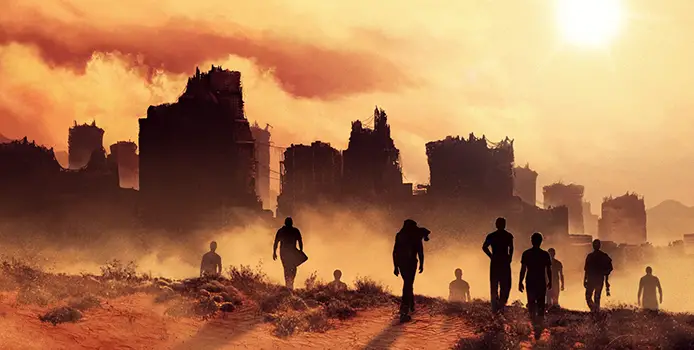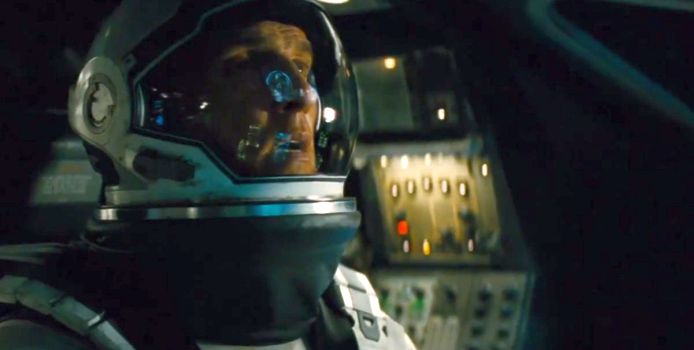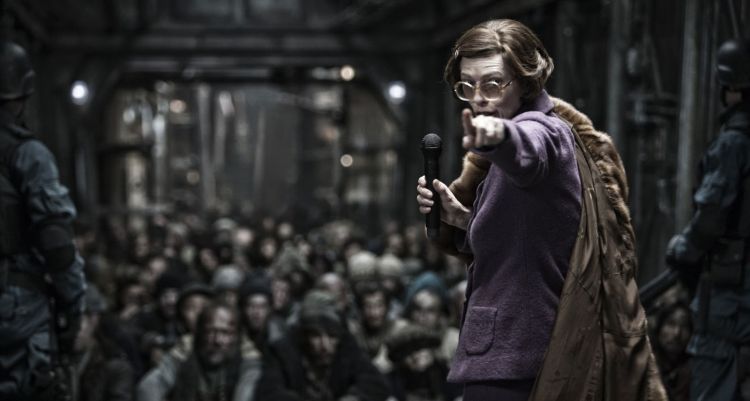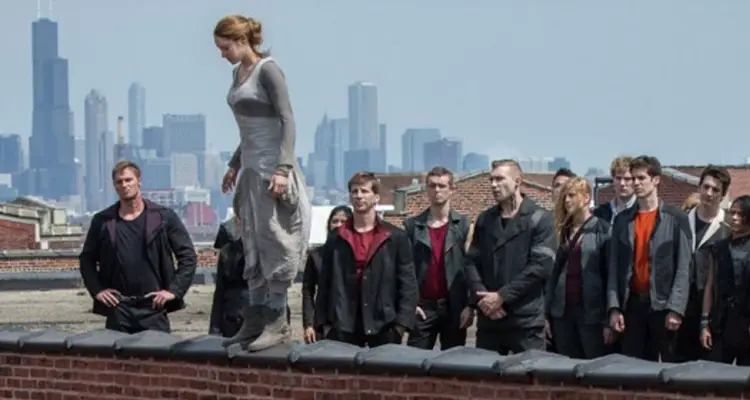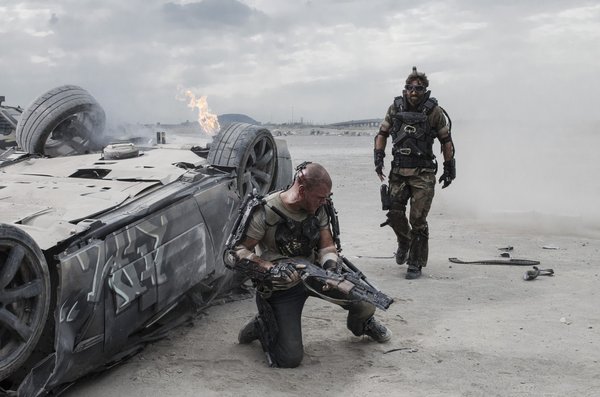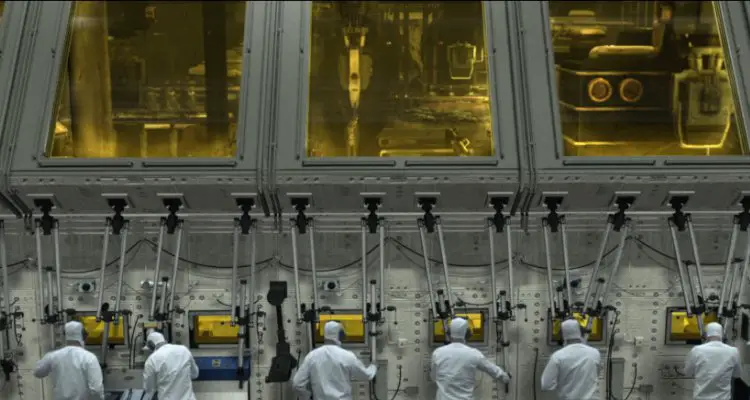dystopia
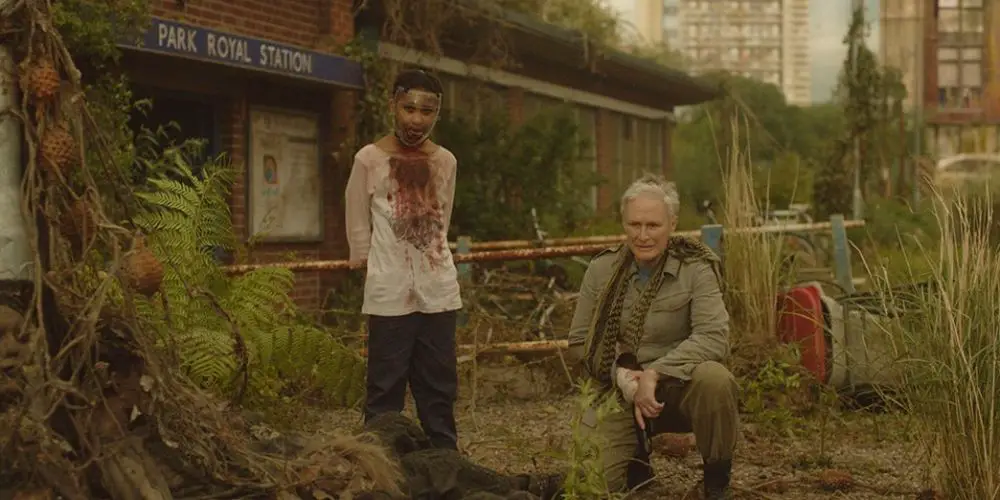
It is easy to see how The Girl With All The Gifts could have been toned down and transformed into a generic YA movie in its cinematic adaptation. In the 2014 best-selling novel, the story is told from the point of view of all five central character. Here, director Colm McCarthy focuses on the titular tween character Melanie, exploring this plague-ravaged world from her point of view.
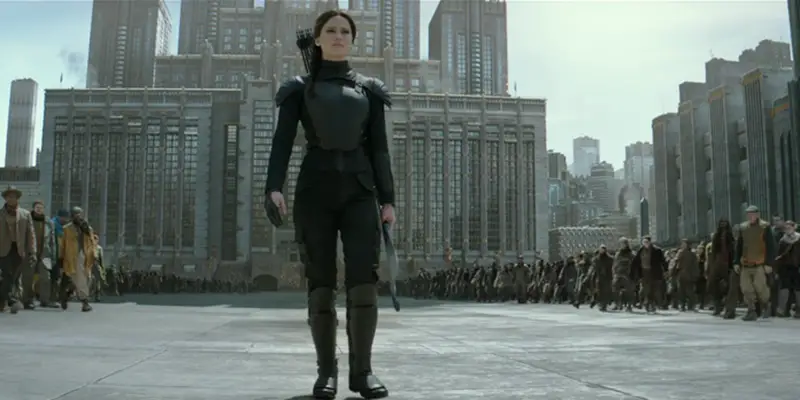
Although initially derided as nothing more than a rip-off of similar dystopian novels (and their subsequent film adaptations) The Running Man and Battle Royale, author Suzanne Collins saw her book series become increasingly popular due to how it tied in with the contemporary societal fear of graphic violence co-existing with inane entertainment. Collins devised the idea for her original 2008 novel whilst at home channel-surfing, with the image of a bleak reality showcased by war reports on news channels making an uneasy bedfellow with the artificial reality of TV talent competitions. A dystopian fantasy that now closely resembles our reality As the adaptation of the final chapters in Collins’ trilogy closer Mockingjay Part 2 makes its way to the big screen, it is less than a week after the world was left horrified by images of terrorism in Paris.
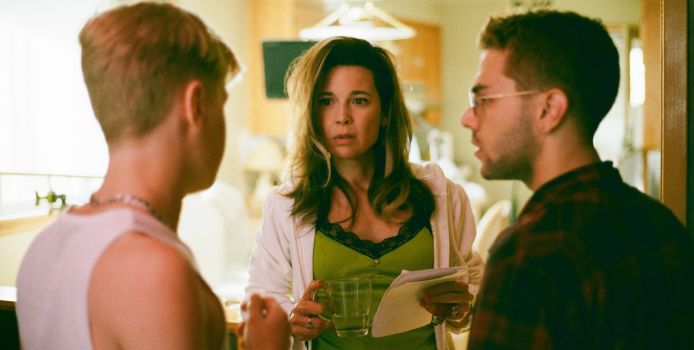
I was having a conversation recently with a friend who complained about how he gets annoyed when he sees child celebrities, as “they’ve already achieved more in life than I ever will and they are younger than me!” As a recent university graduate, without a firm footing into the grown-up world of work, I’m increasingly empathising with this statement, whilst also increasingly acknowledging how ridiculous it is. Why should I be bothered that people who are more talented than me are going places, just because they are younger?
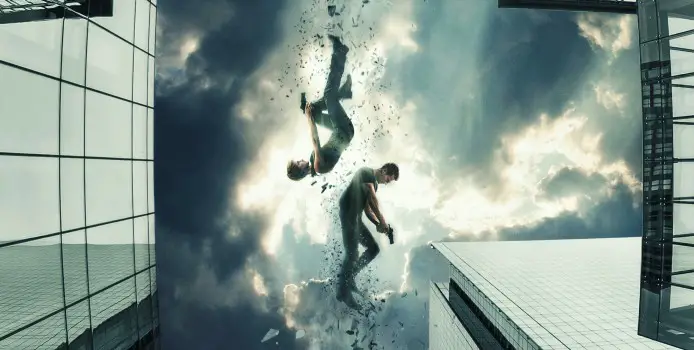
I had read Veronica Roth’s Divergent before the adaptation sauntered onto cinema screens, heralded as the next The Hunger Games, and what I discovered was that I preferred the film to the book. There was more action on show, and I felt that the film fixed many of the things I found problematic with the book’s narrative. So when I discovered that the book of Insurgent didn’t impress, I decided to bypass it and wait for the film.
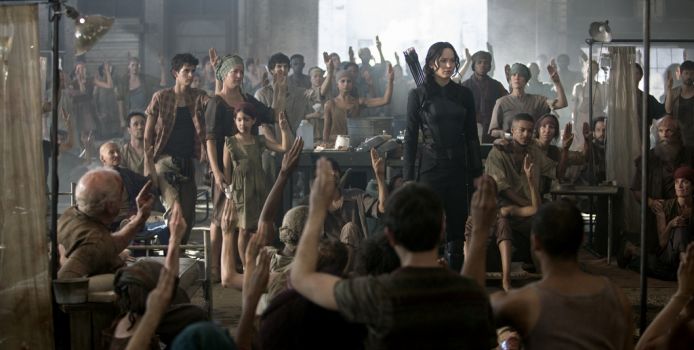
As much as I love movies, I’m completely against the franchise bandwagon. Every time I hear about a movie I love having a successful opening weekend at the box office I get a sense of impending dread that they are going to ruin my memories of it with a plethora of inferior sequels. Even though I grew up on the Harry Potter and Lord of the Rings franchises, both the books and the films, I’m not feeling nostalgia so much as cynicism whenever a prequel is announced or released.
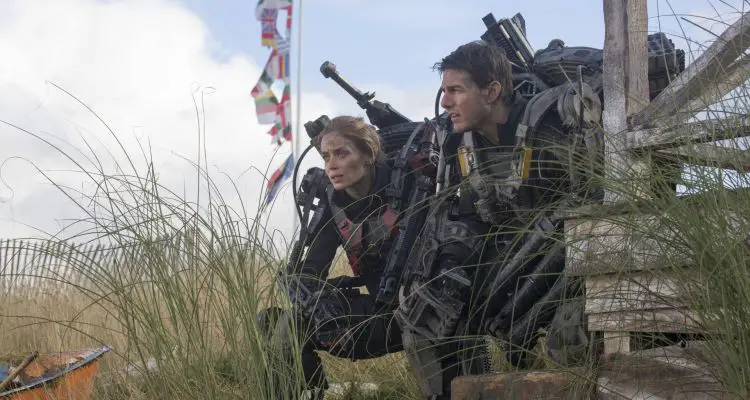
In Edge of Tomorrow, Earth is hit by a meteor infested with a strange and highly violent alien species called the Mimics. They immediately start to destroy the world, and everything the humans do is futile. The alien species is strong and fast, and more importantly, has control over time – though no one (aside from a very select few) is aware of it.
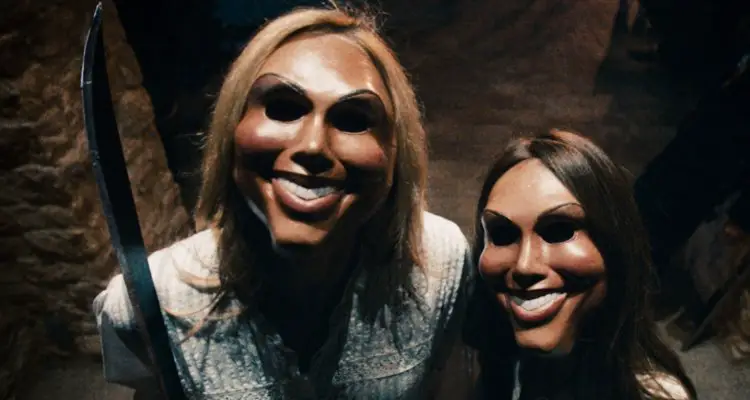
In The Purge, a happy, wealthy family gets ready for the annual night of the Purge, a 12-hour period during which all crime is legal. This new way to fight crime has been very successful – crime is at an all time low, as is unemployment. Moreover, it is supposedly an easy way to rid society of those who do not contribute.


